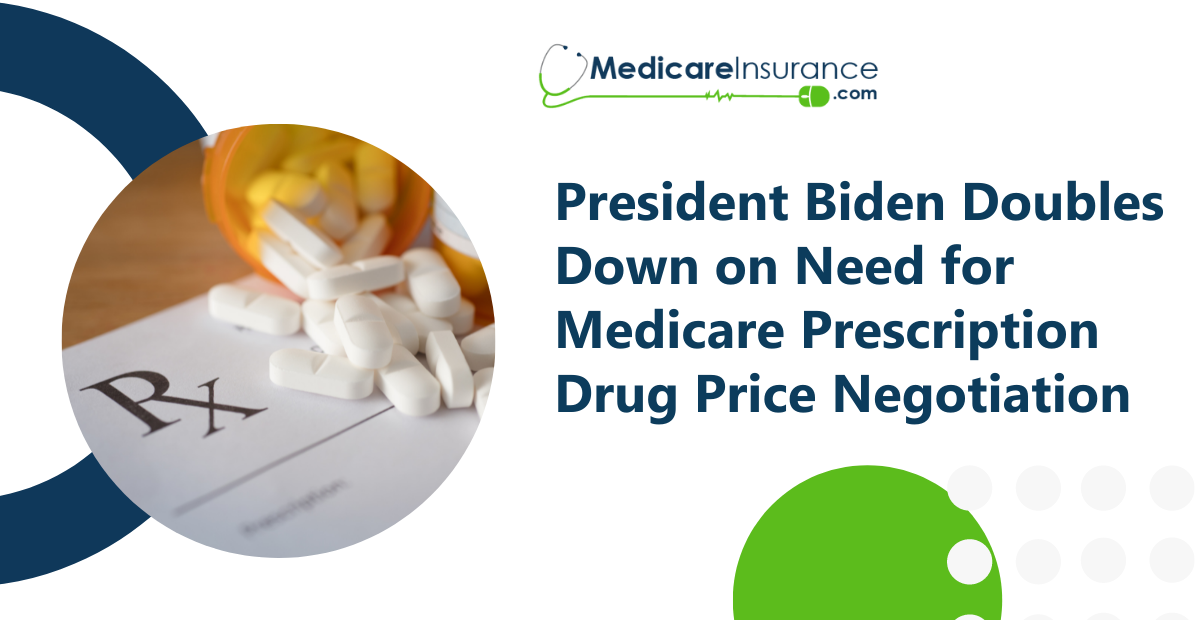Certain Healthcare Reforms Still Have Presidential Backing
Early last month, during President Joe Biden’s Mar 1, 2022 State of the Union Address, the leader of the free world reiterated his support for granting Medicare the right to negotiate prescription drug prices on behalf of Medicare Part D beneficiaries. In the same speech, the President also voiced support for setting a $35 price cap on insulin, in an effort to help Medicare beneficiaries with diabetes, a condition that affects approximately 15.9 million American seniors, better afford their treatment.
Why Give Medicare the Power to Negotiate Prescription Drug Prices?
Currently, drug price negotiations, including those relevant to Medicare beneficiaries, are negotiated by Pharmacy Benefit Managers (PBMs), a model that has drawn much criticism from lawmakers on both sides of the aisle. Usually, a lack of consumer transparency and a system that is wrought with potential conflicts of interest are cited as the biggest concerns.
In an effort to fix these problems, President Biden and Congressional Democrats have posited the potential solution of allowing Medicare itself to negotiate prescription drug prices on behalf of their beneficiaries.
As of now, PBMs handle price negotiation for all private insurance plans, Medicare Part D included. A clause in the provision allowing for Medicare Part D prohibits the Centers for Medicare and Medicaid Services (CMS) from intervening in negotiations for Medicare Part D prices, meaning that prescription drug costs are determined behind closed doors.
This sets Medicare apart from other government medical programs, such as Medicaid, as the only program unable to negotiate directly with manufacturers. In turn, this can often lead to significantly higher prescription drug costs than those of similar programs, resulting in higher premiums and copayments for Medicare recipients.
Under the proposed changes, the Secretary of Health and Human Services (HHS) would be allowed to negotiate pricing for up to 250 prescription drugs each year, including the 125 most costly commercial drugs and all insulin products. Manufacturers who fail to participate in negotiations may face a tax penalty of up to 95 percent of the drug’s sales.
What Happens Next with Medicare and Prescription Drug Costs?
While this proposal was originally woven into the President’s recent Build Back Better bill, no changes have yet been passed into law, as the Build Back Better bill was voted down by Senate Republicans.
Over the last few months, Biden and other Democratic lawmakers have recently agreed to break the controversial Build Back Better Act into smaller components, allowing individual proposals such as the prescription drug cost reform to be debated and voted upon individually. Though no concrete reforms have passed into law as of yet, there is hope that these conditions will eventually be made law, if Biden’s presidential backing and the House’s recent passing of the insulin price cap is anything to go by.
If you are currently struggling with health care prices, a Medicare Advantage plan may be able to help. These plans are often less expensive than Original Medicare and offer benefits that can reduce spending on vision, hearing, and prescription drugs. For more information, feel free to contact one of MedicareInsurance.com’s licensed insurance agents and Medicare Advantage experts at (800) 950-0608 today.


